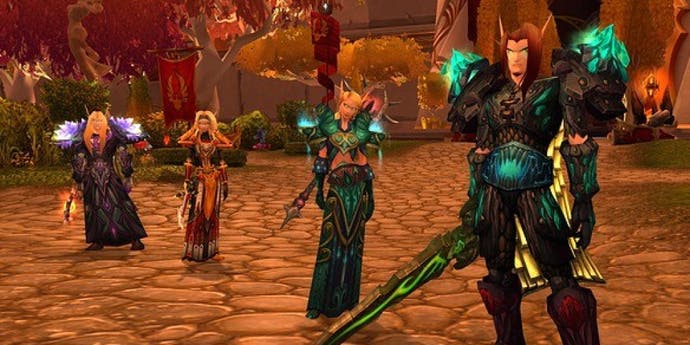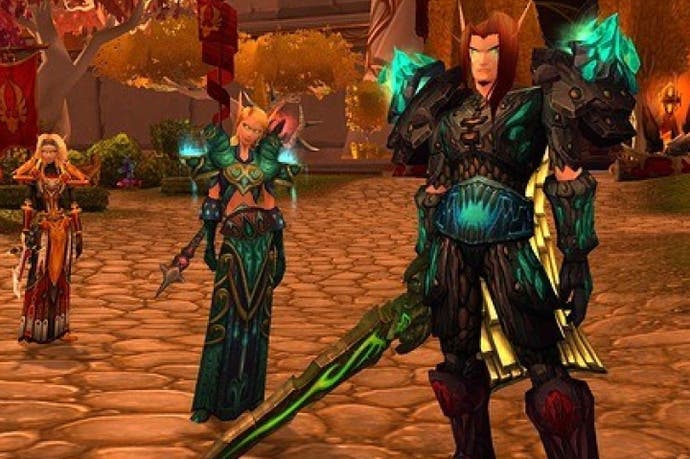Former Valve contributor and VR specialist warns against the tech's future
"I'm deeply ambivalent about it, for several reasons."
Former VR specialist and Valve contributor Fabian Giesen has seen where this emerging technology is going and he's none too pleased about it.
"I'm deeply ambivalent about it, for several reasons," the developer wrote on his GitHub page. Giesen worked with Valve on this sort of tech for nine months between January through September of 2012 and for another three months from February through April of this year, so why the change of heart?

Ultimately, Giesen has no qualms with the tech as a concept, but he's worried it will be used primarily as a monetisation tool in MMORPGs.
"The endpoint of VR," he said in his resignation e-mail to Valve in 2012 "seems to be fundamentally anti-social, completing the sad trajectory of entertainment moving further and further away from shared social experiences. (As I have mentioned multiple times, I find the limited, formalised, abstracted and ultimately alienated social interactions in most forms of online gaming to be immensely off-putting)."
"I'm not a fan of online gaming in general, and as such the inevitable framing of VR as the gateway to the ultimate MMORPG (which is what tends to happen) is a sore point for me," he added in his recent GitHub post. "I prefer my social interactions to be in person if possible, and so far what of it made it into online games is just incredibly basic... Certainly, it's easy to imagine an interactive environment with a richer set of interactions than voice chat and going on raids."
Giesen claimed that his years in the industry gave him a pretty clear idea where this is all headed and joked that "[it's not some] scary vague futuristic concept that I decided to be scared about after reading too much cyberpunk books."
"When I say that I think 'VR is bad news', I am talking specifically about the VR-enabled MMORPG-esque shared universes that cyberpunk has promised us, not about the much wider and more open-ended concept of 'things we might be able to do with working VR headsets once they exist'. And lest I be accused of setting up a strawman here, the VR MMORPG universe really is what a lot of VR enthusiasts are hoping for, and simultaneously what a lot of really smart people working on VR have repeatedly (and publicly) declared to be their goal for VR."
"Having an immersive virtual environment - hey, MMORPGs even without VR get people to sink lots of time into them, and if anything that's probably gonna be more pronounced in the VR version - that is set up to, ultimately, generate ad revenue (and hence prioritise the needs of the advertisers over the desires of its users) is just an inherently gross concept to me," he added.
"So imagine a shared universe MMORPG, expressly operated by a company that *already knows all your friends*, that's trying to maximize your engagement ('hey, all your friends are playing right now, don't you want to join too?'), selling your attention to advertisers, and by the way, also building a detailed profile on everything you do so they can do all of this even better in the future. It's okay, go on doing whatever you want, we just want to watch! (Through your own eyeballs if possible.)"
In short, it sounds like he's worried Azeroth will turn into Time Square with an abrasive smorgasbord of ads stretching as far back as your eyes can see (probably because your eyes can't see very far with a couple of screens strapped to your head a centimeter away from them). Ask any New Yorker and they'll tell you that only tourists hang out at Time Square and while it's nice to visit, you wouldn't want to live there.
To crib a phrase from South Park: "this could be the end of the world (of Warcraft)."
What do you make of Gieson's hypothesis of where VR is headed?

